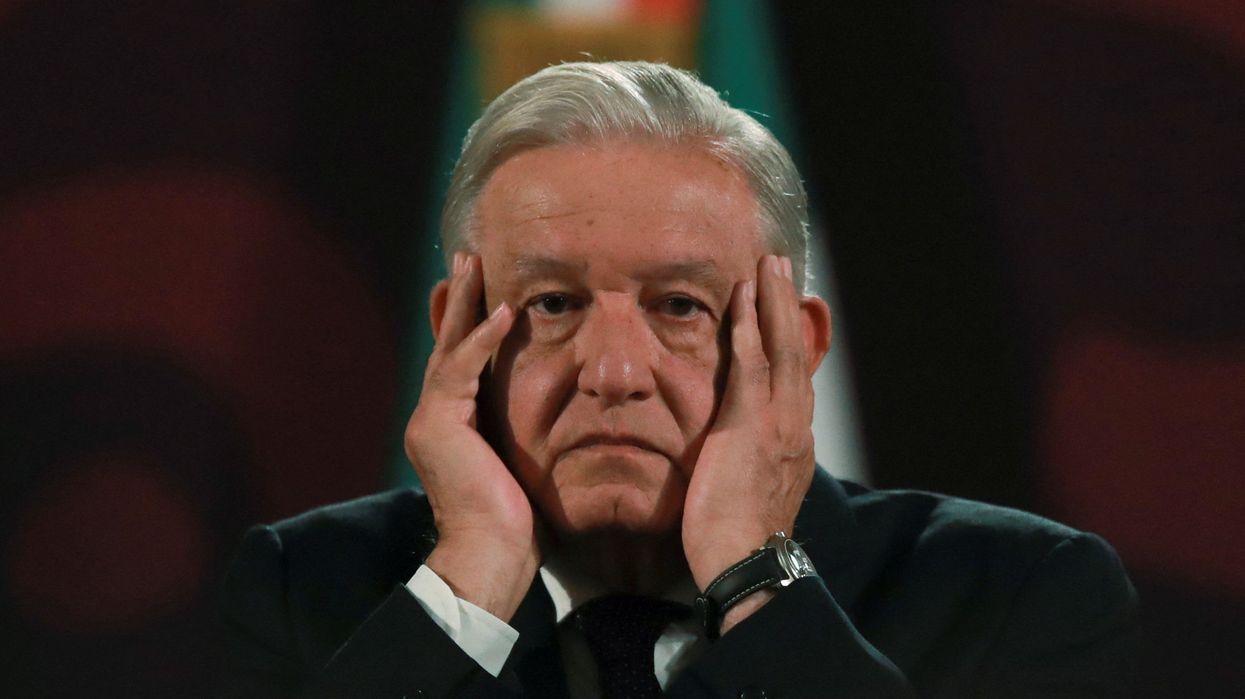What We're Watching
Can the US-Mexico relationship recover from arrests of Sinaloa cartel leaders?
Last week, the US carried out “the largest sting against Mexican criminal organizations ever,” according to Eurasia Group’s Mexico expert, Matías Gómez Léautaud, arresting Joaquín Guzmán López, son of Mexican drug lord “El Chapo,” and Ismael “El Mayo” Zambada.
Jul 30, 2024

